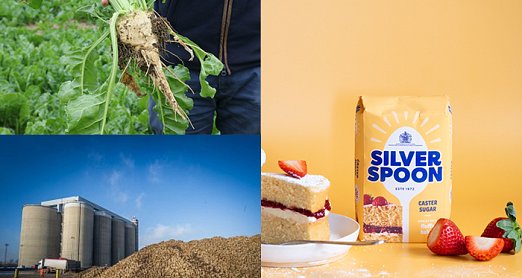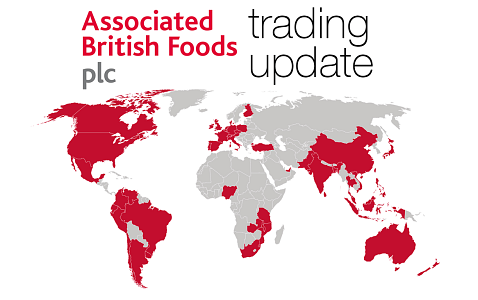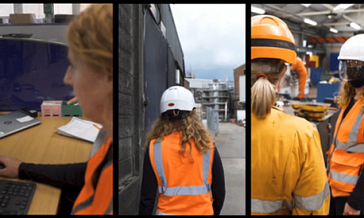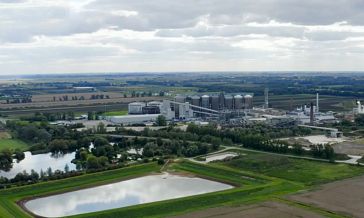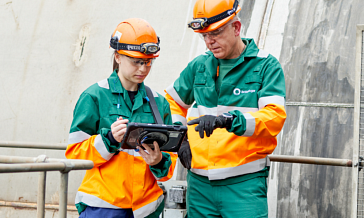8 May 2025

Media
Latest news and press releases
LATEST NEWS
LATEST BLOG
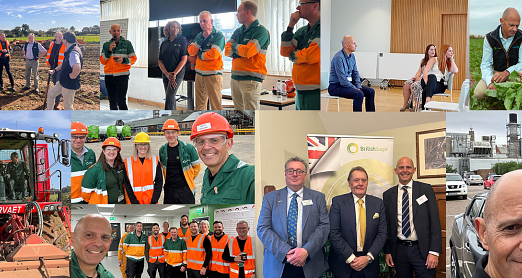
21 June 2024
Wow, my first year in sugar – how the time has flown!
A blog by Keith Packer, Managing Director of British Sugar
As I reach my one-year anniversary at British...
MORE NEWS
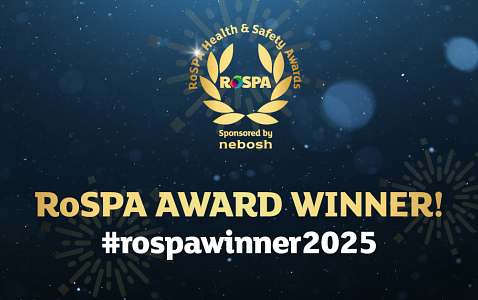
2 May 2025
Six out of six RoSPA Gold Awards for health and safety!
We are delighted to have been awarded six prestigious RoSPA Gold Awards for our continuous commitment...
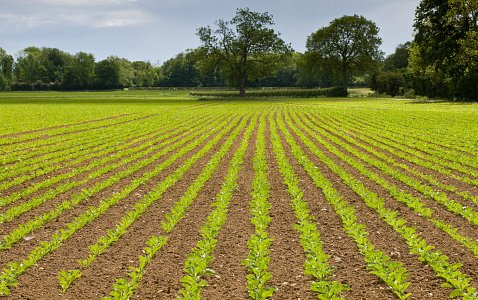
10 April 2025
Research shows strong support for genetic editing in UK farming
The UK is backing emerging innovation to protect the future of our food supply, with 69%...

25 March 2025
British Sugar successfully concludes sugar beet campaign in special centenary year
The UK’s homegrown sugar beet industry is set to conclude its 2024/25 campaign with the Newark...

